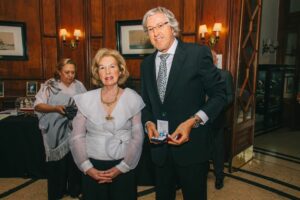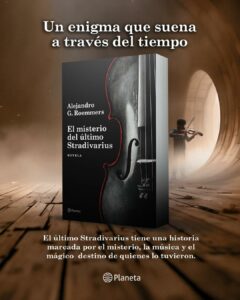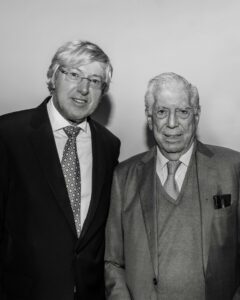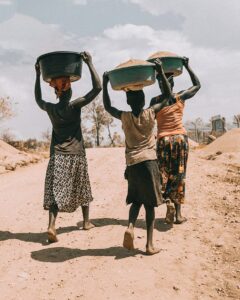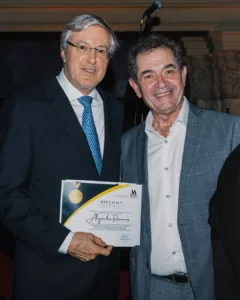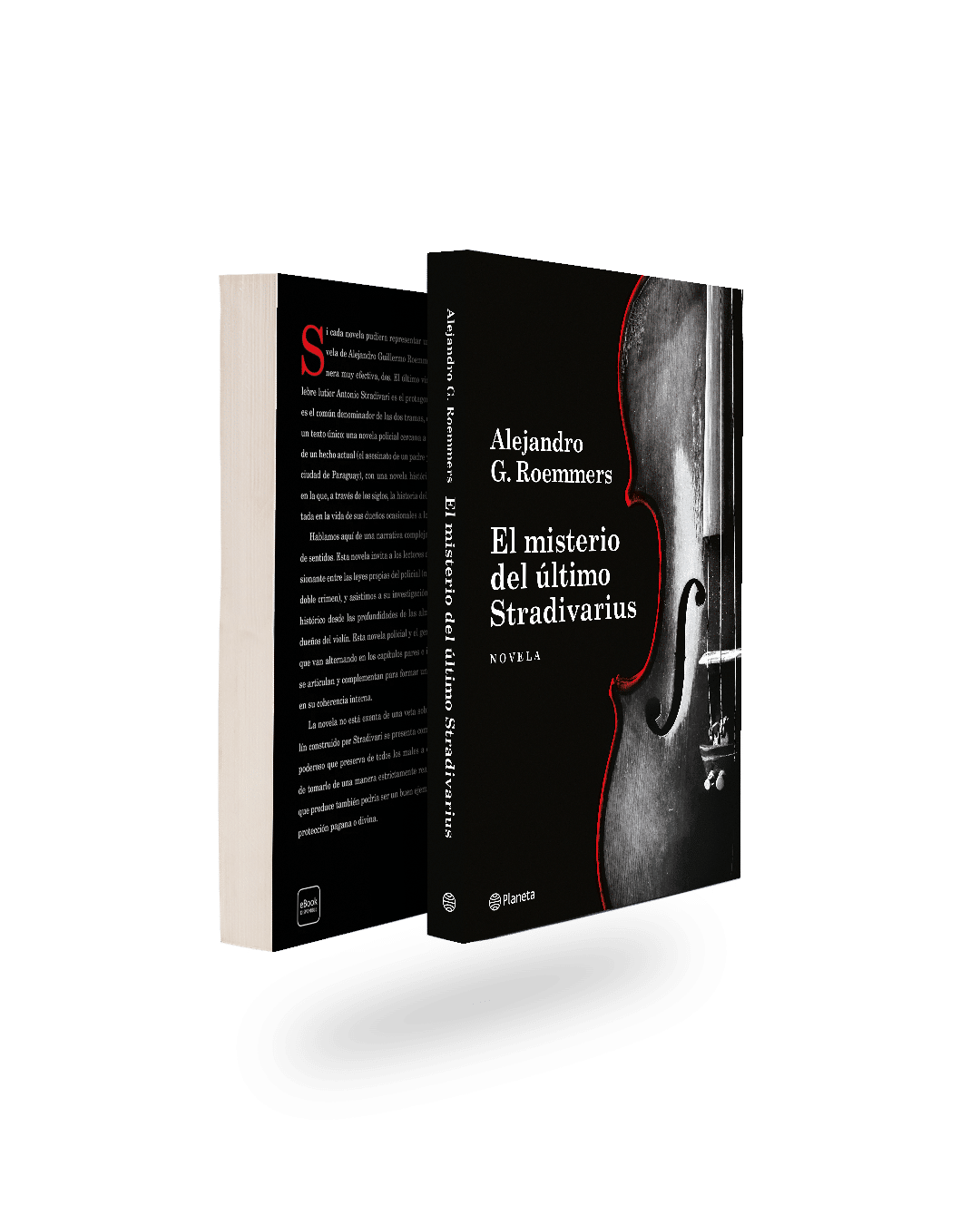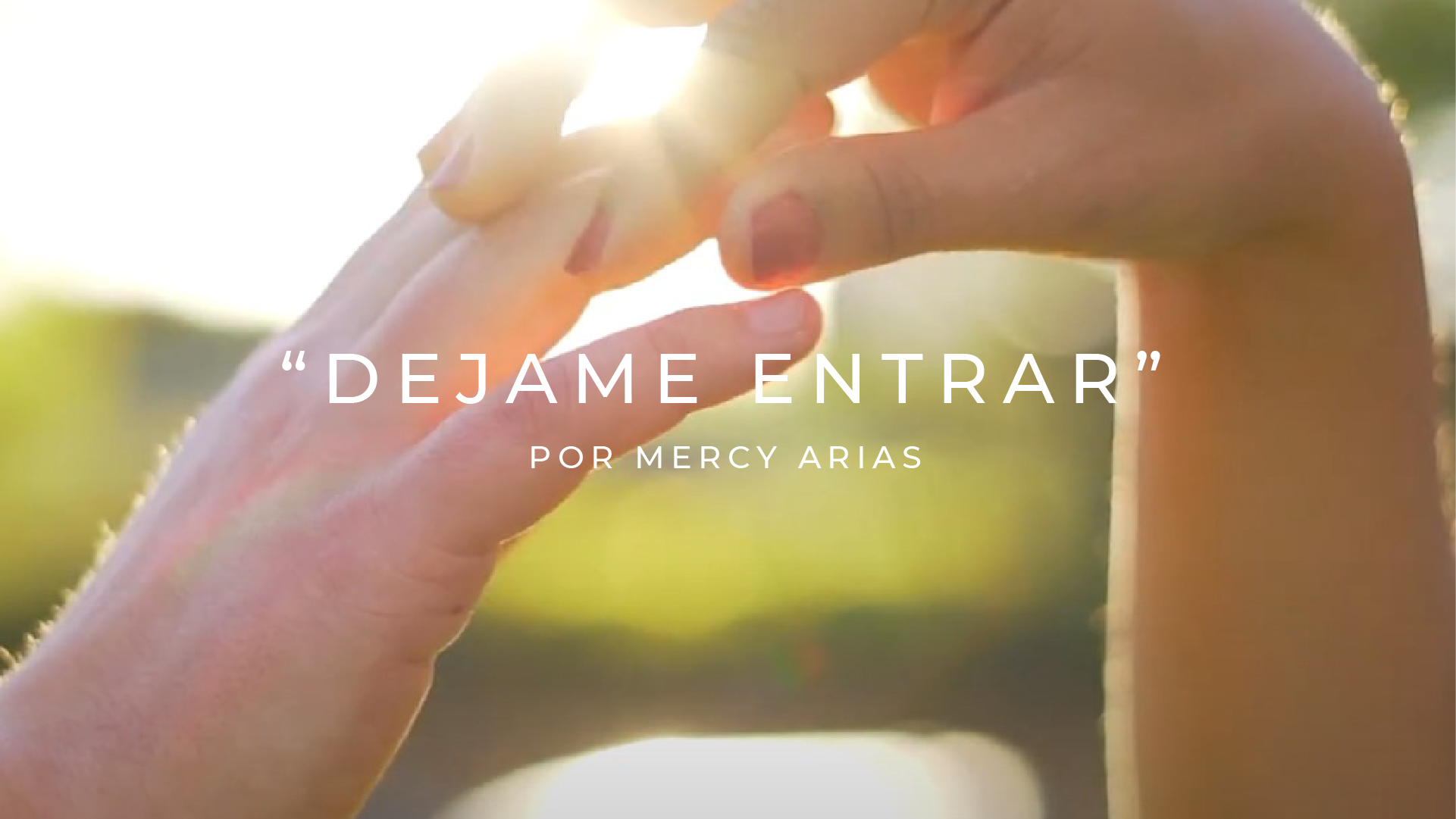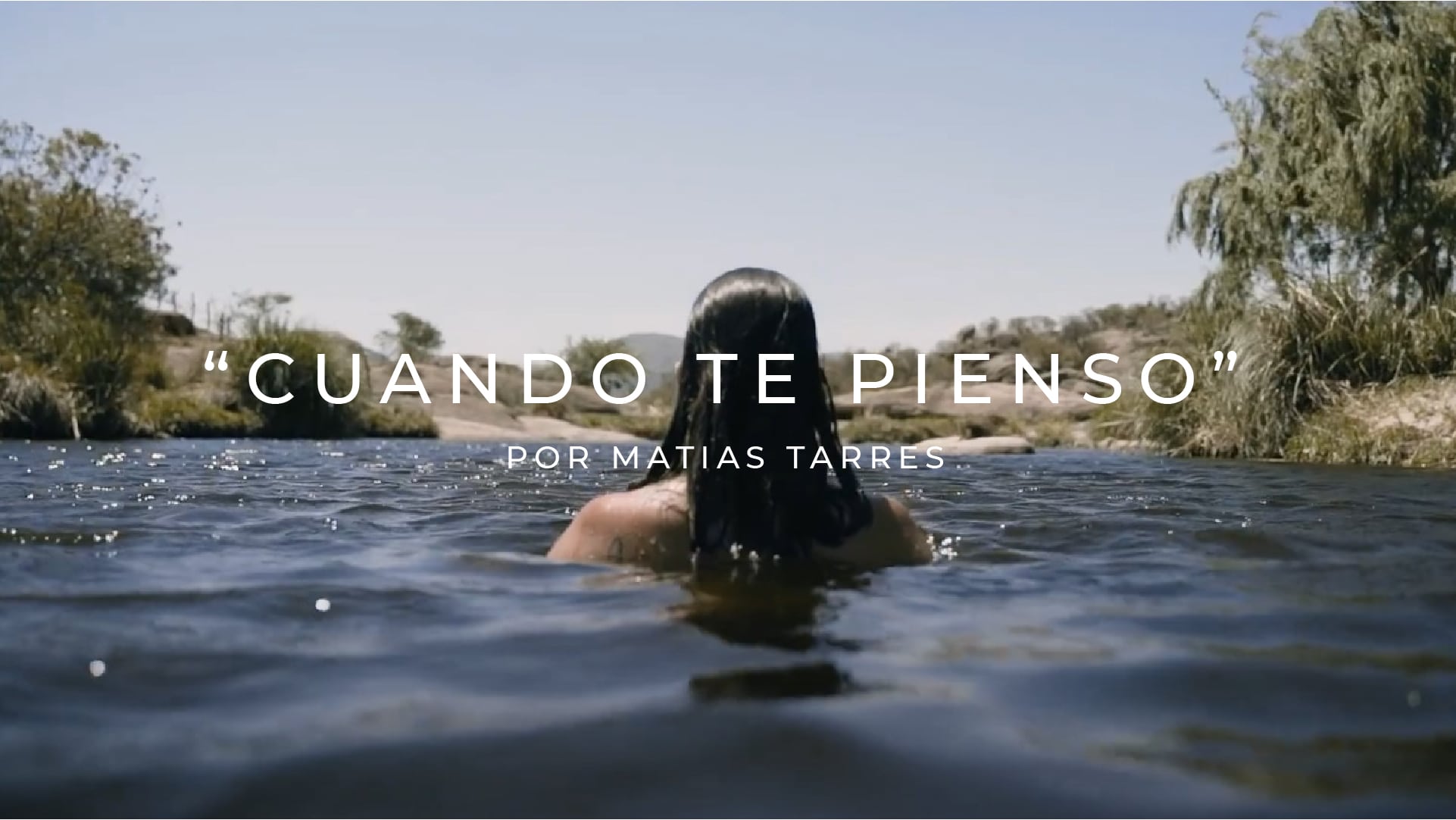Pioneer in the ethical restructuring of the family business, target of the guerrilla, successful writer and personal friend of Pope Francis. We spoke with Alejandro Roemmers, who has just been awarded in Spain for his humanitarian work.
By Patricio Alvargonzalez Royo-Villanova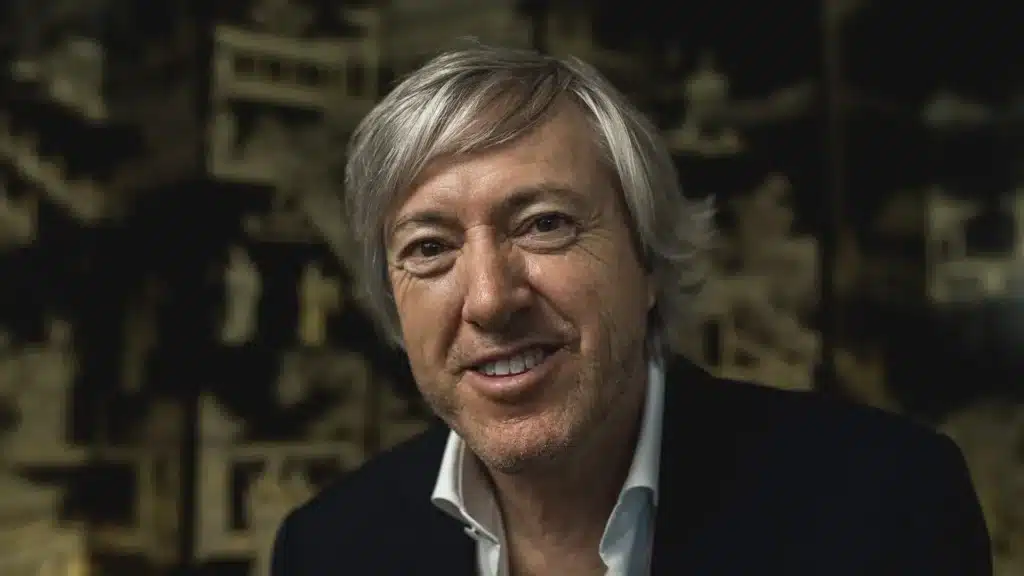
Provided that Alejandro G. Roemmers (Buenos Aires, 1958) landed in Madrid, I received a call from the assistant team of the famous Argentine author and philanthropist. The first time was in 2016, to serve as photographer at the presentation of his book Spain in me and other poems, an event hosted by the National Library with Luis Alberto of Cuenca at the head and which culminated with a cocktail on the terrace of the famous Café Gijón. Years go by and the appointment with Roemmers has become something unavoidable. This time honored in style in that same National Library, where he received the Ernesto Cardenal Award for Concord and Human Rights. “Let’s sit here for a moment,” he tells me just a few minutes before collecting the award in a ceremony where the literary work of Elena Poniatowska, Cervantes Prize in 2013, for his enormous contribution to Latin American literature.
Alejandro Roemmers has become, after the death of his father in August 2022, the most identifiable face of the familia Roemmers. At the head, together with his brothers, of the laboratories that bear his last name, dedicated to the pharmaceutical industry, he has managed to cross the billionaire barrier to become a writer, poet and playwright, recognized in the cultural field, endorsed by both literary awards (Miguel Hernández Award for his poetic career in 2009) and for the publishing success of his first novel: The return of the young prince. Although his career, both business and literary, has always been linked to philanthropy, social work that was recognized last year with the San Francesco Prize from the Pontifical University Antonianum.
As a good Argentine, he enjoys the pleasant and relaxed conversation, even if he barely has a few minutes to close the interview. “Then you can call me by phone and we can continue with whatever you want,” he invites with a huge smile. A few days later I will see him again in his pied-à-terre from Puerta de Hierro, where he receives me with other colleagues from the press: Christian World. Ricardo Trigo, at the head of some of Roemmers’ solidarity projects, insists a lot on the Christian values that reinforce Alejandro’s humanitarian work.
—Last week we were with the Pope in Rome, look, Alejandro was the only one he stopped to talk to… And all the Nobel Peace Prize winners were there! —Trigo concludes, full of emotion.
Roemmers’ relationship with the pwhat Francisco He comes from afar, before his pontificate they corresponded and Alexander sent him some of his poems. The event Trigo refers to is the Universal Embrace for Fraternity that Roemmers proposed in the Vatican a few weeks ago, an initiative that began a year ago in Assisi. “First we did a concert in the basilica which is right where Saint Francis created his community, and then the cardenal Gambetti, who was the one who experienced the emotion of that first hug and wanted to take it to Rome,” recalls Roemmers.
I have always wondered how a philanthropist is formed. Alejandro Roemmers, modest and careful with his words, was clear from the beginning, when his father, the businessman Alberto Roemmers –son of the founder of the laboratories that bear his last name–, taught him that the principles of a company were “to deliver the best product at a minimum cost.” “If that’s what the company is, I don’t want to participate in it,” he responded somewhat defiantly, ending up becoming a precursor in the introduction of the concepts of ethics, corporate social responsibility, sustainable development and spirituality in the workplace, in a time when little or nothing was thought about it. “At least I had never heard of it, although it seemed basic to me.”
—How did you convince your father?
—It is never easy to make an older person change, and even less so if it is your father… But the company is human groups that must be motivated and led, we, when I say we I also mean my brothers, we were involved in all the company’s tasks. company, so it was something we did little by little. The change of form, and also spiritual, occurred when we got to know the people, forming a team and dialogue.
Alejandro Roemmers’ relationship with Spain goes back a long way. “The first thing that made me fall in love with Spain was its landscape, its monuments, physical Spain, the Guadarrama mountain range, El Escorial, I went everywhere with my motorcycle,” he tells me before revealing the real reason why he had to come. here. “Although at school they teach you the basics, the Golden Age and things like that, I didn’t really know Spain until I had to go into exile here. Argentina was in guerrilla warfare and there were many threats, at my school they kidnapped two of my classmates [he says while trying to remember more details]. I went to visit one of them when they released him, there he told me that he was pressured to give names of colleagues who could pay important ransoms and that he had given mine. So my father decided that we should finish our studies here… I did COU in Los Rosales and started my first year of Business Studies.”
Apart from his committed career as a businessman, literary success came with The return of the young prince, the spiritual continuation of The Little Prince, by Saint-Exupéry, which sold more than three million copies. Before his arrival in Spain, he presented a second part at the Buenos Aires Book Fair: The young prince points the way. However, in the life of one of Argentina’s greatest fortunes there have also been strong setbacks: “It was not only the death of my brother, I also lost two very dear friends when I was young.” His younger brother, Andreas Christian, died in 1998 in a paragliding accident.
—How do you face these situations from a personal perspective? Can you tell me that you are going to a clinic in Switzerland for 15 days… —I joke to try to soften the topic.
—No… [Laughs] There is no clinic in Switzerland or anywhere… Faith is my great support, especially in difficult times. But, above all, love is essential to knowing how to accept what God gives us or takes from us. We must have acceptance because life is a gift, God does not create us for suffering, that is why we have to aim for happiness, not only our own, but also that of others. That is the main reason why we must help the neglected, the humble and the most needy. And also being able to forgive, if we are not capable of it it is very difficult to be happy and have a good life…
One of his assistants nervously approaches to interrupt us. The event is about to begin. The director of the Ernesto Cardenal International Foundation, Oscar de Baltodano, and the president of the Council of State, Carmen Calvo, they are taking minutes. Alejandro Roemmers heads to his honorary chair. “Remember that you can call me if you have something left in your mind,” he insists. A few days later, at his house, we remember our talk, we laugh and he tells me a lot of stories, projects in Mozambique with the Father Bender, in the Argentine neighborhoods and even mystical revelations… “But let’s leave these off the record For now, I may write them one day,” he says, taking out his tireless writer’s pen.
